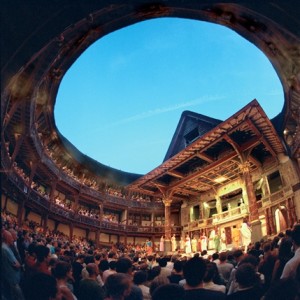
After a 15 minute discussion of Covid-19 (not recorded here) we talk about the actual ages of various characters, and the ages that Shakespeare wanted them to be: not only in A & C but in Richard II, 1 Henry IV and the romances: the idea that you can go from the start of adulthood (Octavius) to the maturity that makes you fit for tragedy and old enough to have lived long enough (Macbeth, Antony and Cleopatra) within 16-18 years or so. Shakespeare's highly skillful stage setting in scene 1. Too all over the place, but I am hoping that if classes aren't canceled as they're being at many of our sister institutions, we'll settle down in to focused discussion.
More Episodes
18. Peeping Tom, sort of but mainly Freud on instincts, pleasure, unpleasure, and scopophilia
 2014-04-28
2014-04-28
 1.3k
1.3k
23. Marvell's "Upon Appleton House" (briefly) and then "The Unfortunate Lover"
 2014-04-22
2014-04-22
 1.4k
1.4k
18. Vertigo and Freudian repetition
 2014-04-22
2014-04-22
 1.3k
1.3k
22. Marvell - The Garden
 2014-04-17
2014-04-17
 1.3k
1.3k
21. Marvell: Damon the Mower and The Garden
 2014-04-09
2014-04-09
 1.4k
1.4k
16. Other worlds and other minds in Source Code and Groundhog Day
 2014-04-05
2014-04-05
 1.3k
1.3k
20. Last class on Herbert: The Forerunners; The Pulley
 2014-04-05
2014-04-05
 1.3k
1.3k
19. George Herbert: Jordan (I), The Flower, Easter Wings, etc.
 2014-03-30
2014-03-30
 1.3k
1.3k
15. Source Code
 2014-03-30
2014-03-30
 1.3k
1.3k
14. Groundhog Day
 2014-03-28
2014-03-28
 1.4k
1.4k
18. First class on George Herbert
 2014-03-28
2014-03-28
 1.3k
1.3k
13. Skepticism and Zeno's paradoxes, again
 2014-03-26
2014-03-26
 1.3k
1.3k
17. 17th century poetry: a class on Robert Herrick
 2014-03-26
2014-03-26
 1.3k
1.3k
16. 17th c poetry, mainly Jonson's Cary-Morrison Ode
 2014-03-25
2014-03-25
 1.3k
1.3k
12. Film and Philosophy: Akerman's La Captive
 2014-03-13
2014-03-13
 1.3k
1.3k
11. Film and Philosophy
 2014-03-12
2014-03-12
 1.4k
1.4k
15, 17th Century Poetry: Ben Jonson, mainly "The Hourglass"
 2014-03-12
2014-03-12
 1.3k
1.3k
14. 17th C Poetry: Ben Jonson's songs
 2014-03-09
2014-03-09
 1.3k
1.3k
10. Film and Philosophy: Berkeley and Beckett's
 2014-03-05
2014-03-05
 1.3k
1.3k
13. 17th C Poetry: Trinity and then Ben Jonson
 2014-03-05
2014-03-05
 1.4k
1.4k
Create your
podcast in
minutes
- Full-featured podcast site
- Unlimited storage and bandwidth
- Comprehensive podcast stats
- Distribute to Apple Podcasts, Spotify, and more
- Make money with your podcast
It is Free
You may also like

EconTalk

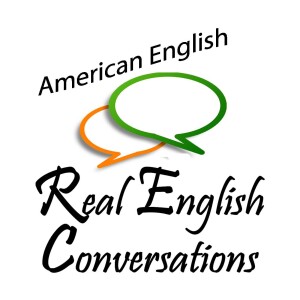
Real English Conversations Podcast - Learn to Speak & Understand Real English with Confidence!

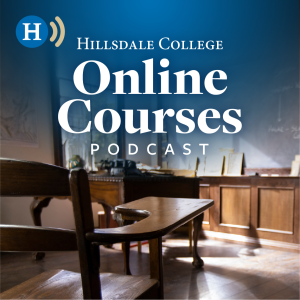
The Hillsdale College Online Courses Podcast

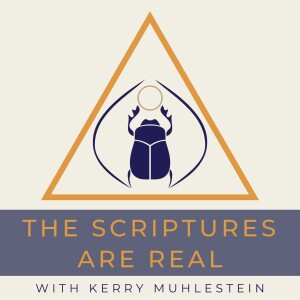
The Scriptures Are Real

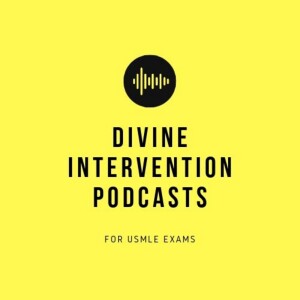
» Divine Intervention Podcasts


- Privacy Policy
- Cookie Policy
- Terms of Use
- Consent Preferences
- Copyright © 2015-2024 Podbean.com


 iOS
iOS Android
Android